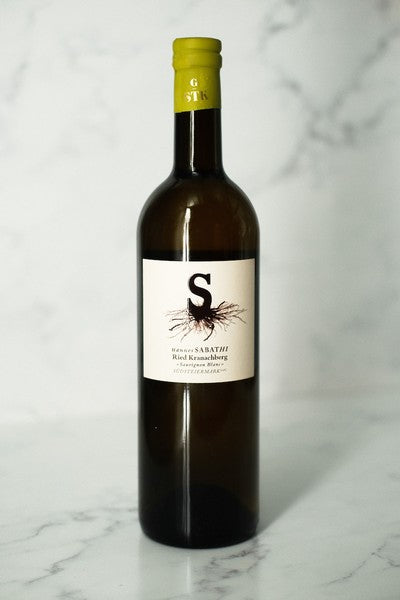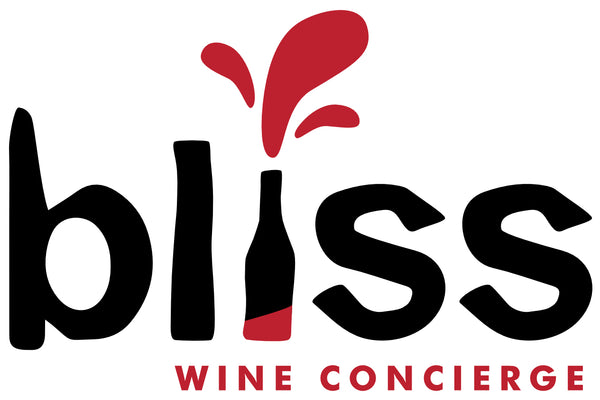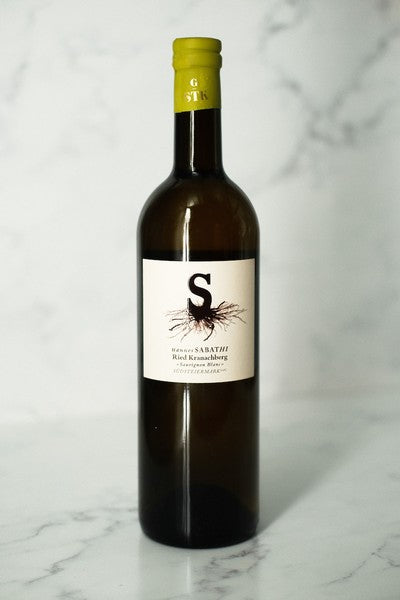Bliss Wine Concierge
Hannes Sabathi - Ried Kranachberg Sauvignon Blanc 2019
Hannes Sabathi - Ried Kranachberg Sauvignon Blanc 2019
Regular price
$50.00 USD
Regular price
Sale price
$50.00 USD
Unit price
per
Shipping calculated at checkout.
Couldn't load pickup availability
Rich and smoky, modeled after the great wines of White Bordeaux, characterized by the salty elegance and structure of the soil. Ripe melon, passionfruit, and kiwi notes balance the grapefruit and mandarin citrus notes. An incredible wine that appeals to every Sauvignon Blanc drinker. It has flavor similarities to all three great styles in the world; the aromatic intensity of New Zealand, the structure of France, and the ripeness/exotic fruit of Napa.
Technical Details
Technical Details
Vineyard Notes
Vineyard Notes
Production Notes
Production Notes
Production Size
Production Size
Fun Facts
Fun Facts
Pairing Suggestions
Pairing Suggestions
Cuisines to try with
Cuisines to try with


